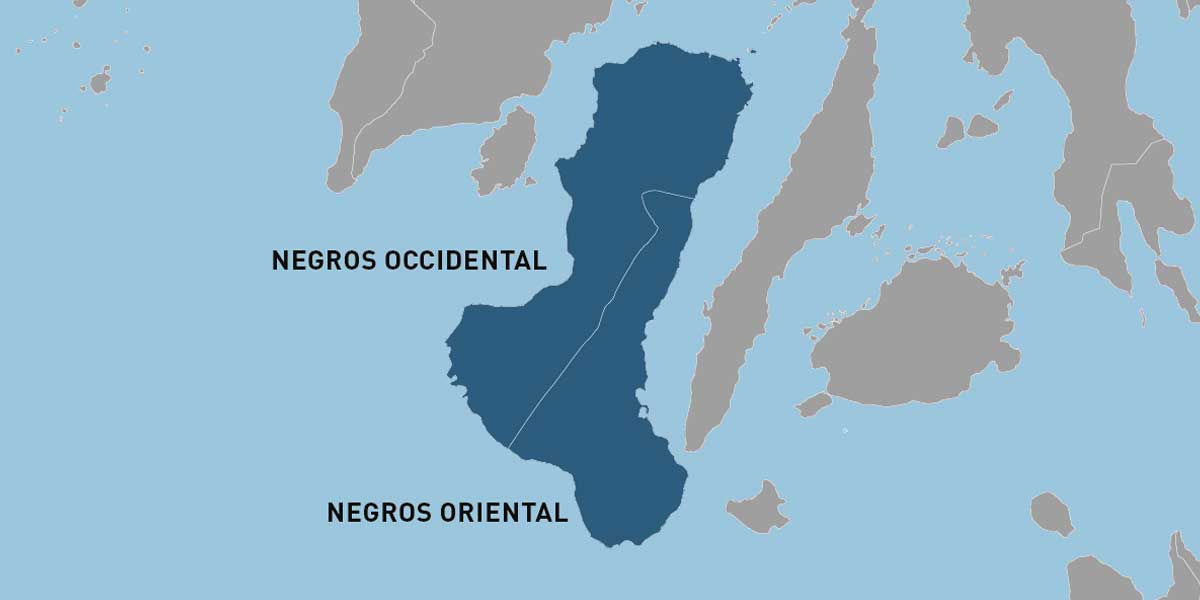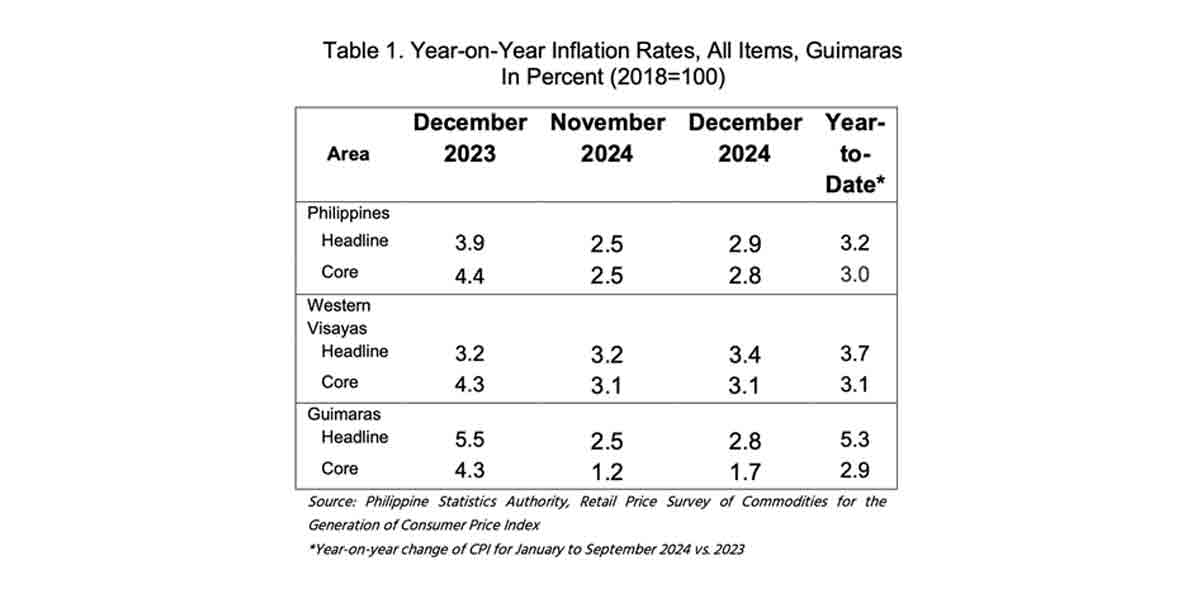The recent exclusion of the Negros Island Region (NIR) budget allocation from the proposed 2025 National Expenditure Program (NEP) is a major issue that has implications to the progress and development of this newly established region.
Senator Imee Marcos’ announcement has rightfully sparked concern, emphasizing the urgent need to set up regional offices and ensure an equitable distribution of resources across the NIR.
The creation of the NIR, encompassing Negros Occidental, Negros Oriental, and Siquijor, under Republic Act 12000, was a significant step towards streamlined governance and regional development.
This move, reinstated by President Ferdinand Marcos Jr., echoes the vision first realized during President Benigno Aquino III’s administration. However, the success of this initiative hinges on the timely and adequate allocation of resources.
Senator Marcos’ proposal to establish at least skeletal offices in key cities like Bacolod and Dumaguete is a pragmatic approach to kickstart the operationalization of the NIR.
These offices are crucial for providing essential government services and fostering economic activities that meet the region’s needs.
The initial budget recommendation of PHP 3.6 billion over three years, as advocated by Senator JV Ejercito, highlights the financial commitment required to realize the full potential of the NIR.
The exclusion of the NIR budget from the 2025 NEP, due to timing issues related to budget preparations, also places the spotlight on the need for flexible and responsive budgeting processes.
The enthusiasm and high expectations of the NIR’s residents must be met with tangible actions and investments. As Senator Marcos suggested, leveraging discretionary funds from various departments could provide an immediate solution while the comprehensive budget is finalized.
Governors and local leaders, such as Negros Oriental Governor Manuel Sagarbarria and Negros Occidental Governor Eugenio Jose Lacson, have shown commendable initiative in identifying potential locations for regional offices and advocating for the NIR’s inclusion in the national budget. Their efforts reflect the region’s collective determination to overcome bureaucratic hurdles and achieve equitable development.
The preference for a single location for regional offices, as expressed by Governor Lacson, could enhance administrative efficiency and foster a cohesive regional identity. However, it is essential that this centralization does not compromise accessibility for all residents within the NIR.
During the transition period, the focus must remain on ensuring that the NIR’s establishment translates into real benefits for its people. This includes not only setting up regional offices but also implementing programs that stimulate economic growth and improve living standards.
The successful establishment of the NIR is contingent upon immediate and strategic actions to secure necessary funding and set up regional offices. The equitable distribution of resources and services across the region is not just a logistical necessity but a moral imperative.
As the NIR moves forward, it is crucial for all stakeholders to work collaboratively to ensure that the region’s potential is fully realized and that its residents enjoy the promised benefits of this landmark administrative reorganization.





















